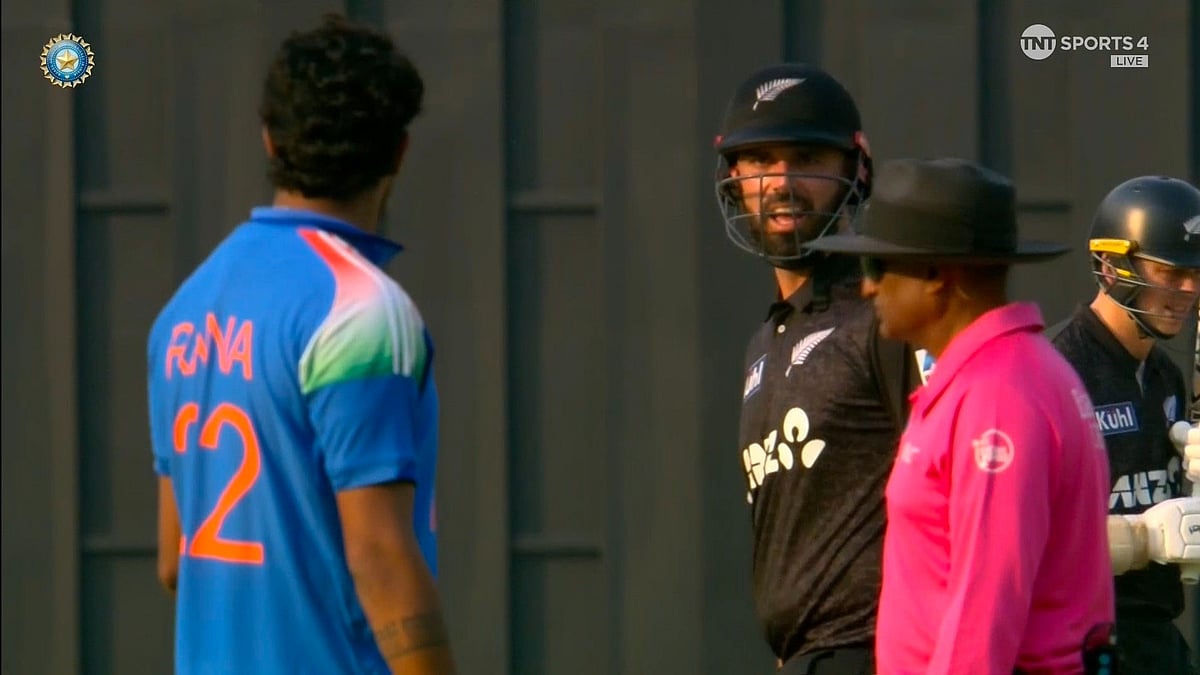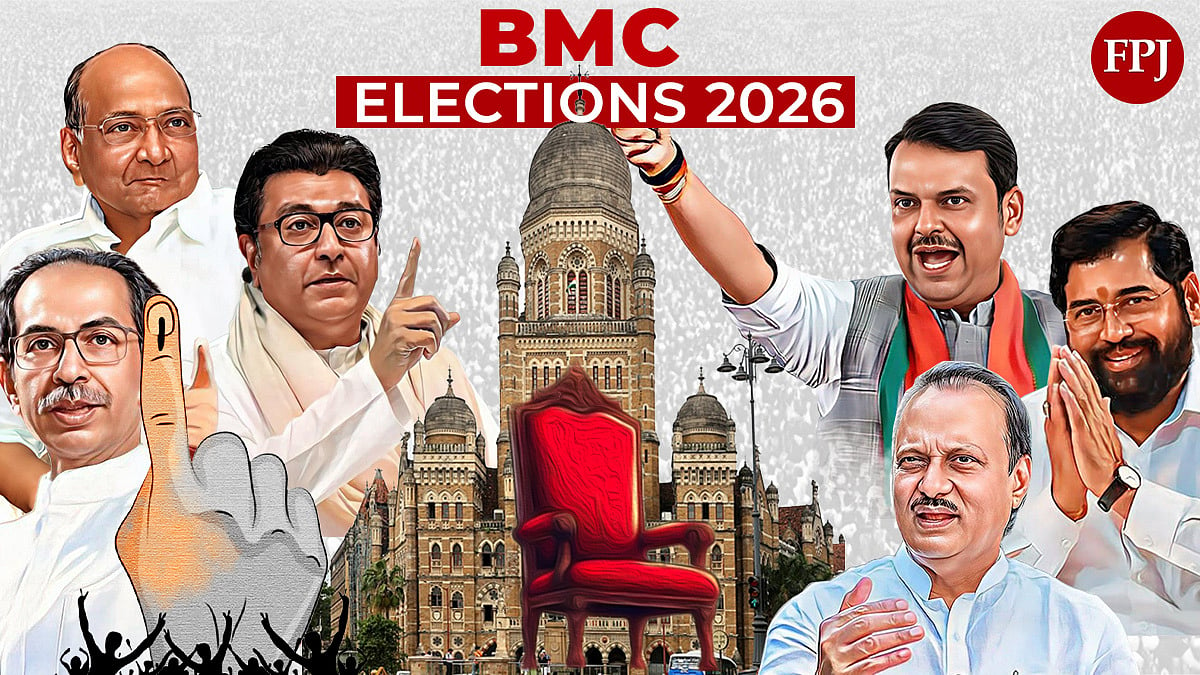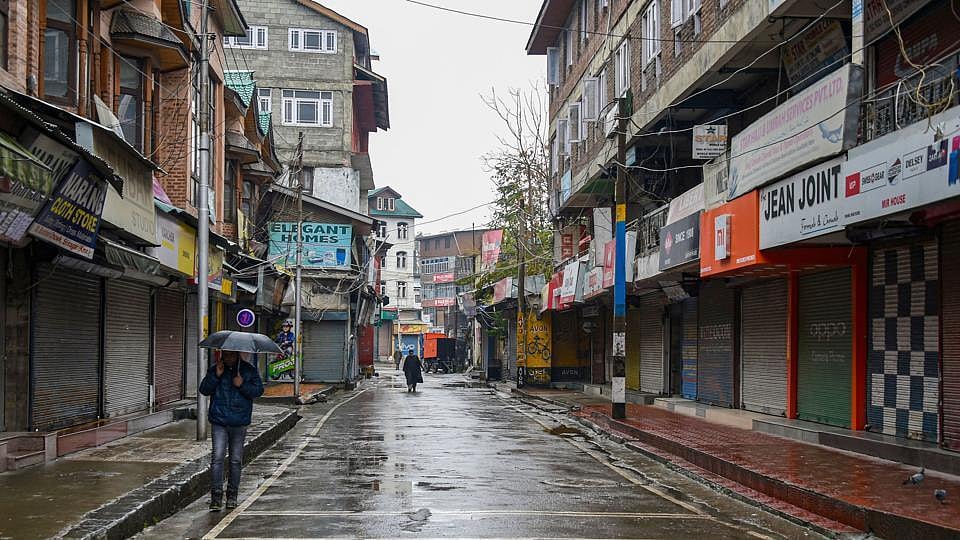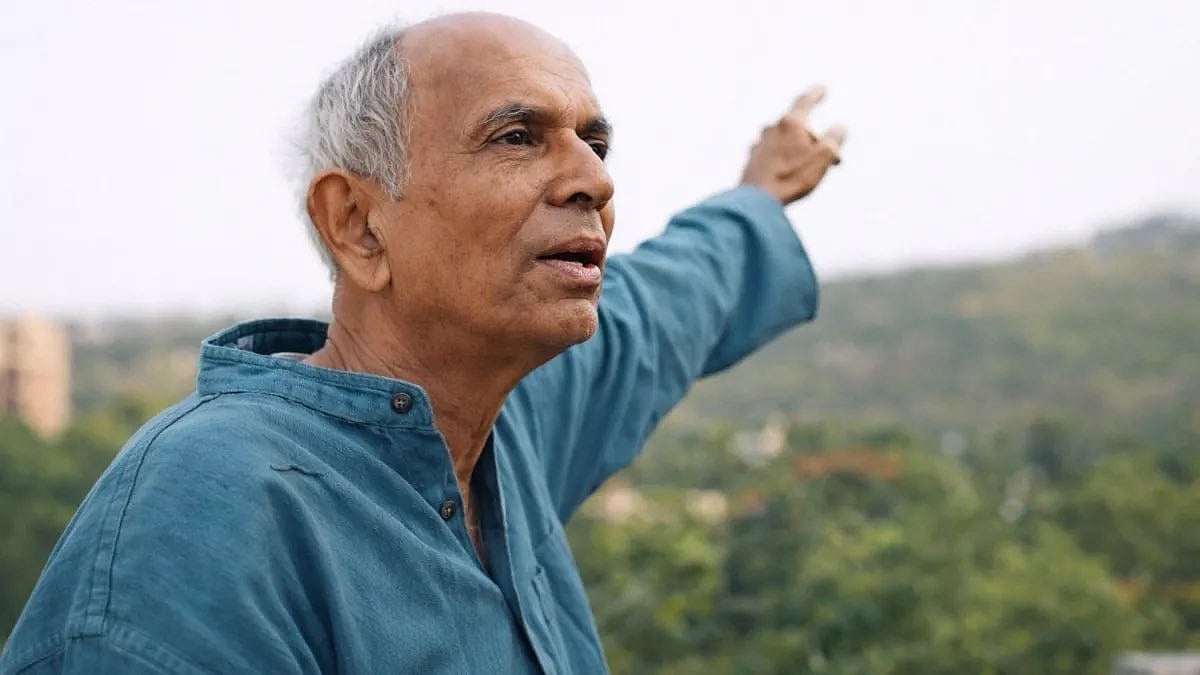The entire criminal justice system must be replaced with a more workable system if victims of crime are to get redressal. This is because we have mindlessly used the British common law system as the foundation for our courts, which is why the Allahabad High Court refused relief to a beleaguered couple who was seeking protection as the boy and girl belonged to different faiths. In Thane too, a man and woman from different faiths were stopped and questioned because they had gone out together, in a shocking violation of their fundamental rights.
Our common law system is based on Article 372 which rests on two principles — that of res judicata or finality of a judgment only between warring parties, and stare decisis which means future courts are bound by the reasoning of previous decisions of the high courts and Supreme Court, even if erroneous. If a court decides a case between A and B, it is final as far as both are concerned unless overturned by a superior court. That is why the civil law system must supplant the common law scheme.
The common law system ties the hands of judges, leaving them little scope to do justice — apart from the fact that these judges have their own inherent biases which are absurd and creep into their verbose and sometimes unintelligible judgments. The fact that the government has a decisive say in who will become a judge adds to the misery of the litigant for whom justice is a chimera. The fact that the Public Prosecutors are employees of the government, which pays their salaries, adds to the misery of the victims of crime. Some of these prosecutors are either corrupt or incompetent and unprepared to argue against highly-paid defence advocates backed by legal teams.
This is why the adversarial system introduced by the British must be replaced by the inquisitorial system introduced by the Portuguese in Goa so that magistrates can ask those accused of murder and rape inconvenient questions on the evidence against them and make up their minds quickly. Section 313 of the Criminal Procedure Code must be amended to allow magistrates to ask the accused questions even before the trial starts and at any stage of the proceedings, without warning.
The cumbersome Criminal Procedure Code and Indian Penal Code must be entirely revamped to ensure it is user-friendly, while at the same time protecting the rights of the accused as well as the victim. The present system protects only the accused while ignoring the rights of the victim, making it impossible to secure convictions. The maxim of “Proving beyond reasonable doubt” must be replaced by “Impeccable evidence must point at the guilt of the accused” because all judges will forever have doubts about their judgments. Only stupid criminals will leave behind evidence to incriminate themselves without even an attempt to destroy it.
Despite the RSS and the BJP revamping the education system to glorify ancient Hindu jurisprudence, little has been done to replace the over 160-year-old British laws by modern laws suitable to India. The ancient Hindu law-givers were not totally dependent on the adversarial systembut devised their own methods for speedy justice. Those given in the Arthashastra are workable, while other laws given by Manu in the Manusmriti appear misogynistic.
Like the civil law system, the magistrate or judge must be given powers to override the police investigation which is sometimes influenced by a chief minister or other ministers. Hence, by directly asking the accused questions as to his whereabouts at the time of the occurrence, whether there was pre-existing enmity between the victim and the accused, the magistrate can record these replies as evidence. Today, the magistrate has to behave like an umpire at a tennis match without taking part in the proceedings. He is fully dependent on a prosecution which may be corrupt, negligent and will meekly do what the chief minister tells it to do as evidenced in the Hathras rape case in UP where the minor girl was cremated without the consent of her parents, and most of the alleged rapists have been acquitted.
This writer has himself experienced his criminal complaint dragging on in Goa for over ten years without charges being framed while, he has alleged, the former director of prosecutions in Goa has protected and promoted a rude and incompetent assistant public prosecutor to public prosecutor by allegedly suppressing an earlier complaint against him for delaying the trial against a Catholic priest accused of molesting a young girl at Ribandar in Goa who later fled the country.
Innumerable law commissions have recommended amendments or replacement of our procedural laws but these studies have not been implemented because our MPs have not even studied the recommendations which are neither binding on Parliament or on the Supreme Court, making it a loss of public money to allow these law commissions to function.
What is the need of the hour is ensuring all our laws are derived solely from the Constitution so they are totally divorced from religious dogma. Courts must be allowed to interfere in matters of religion when there is grave injustice done to a particular segment of the community because Constitutional morality overrides religious standards.
But that is a dream which is yet to be realised.
Olav Albuquerque is a senior journalist and advocate at the Bombay High Court, with a PhD in law from the University of Mumbai













